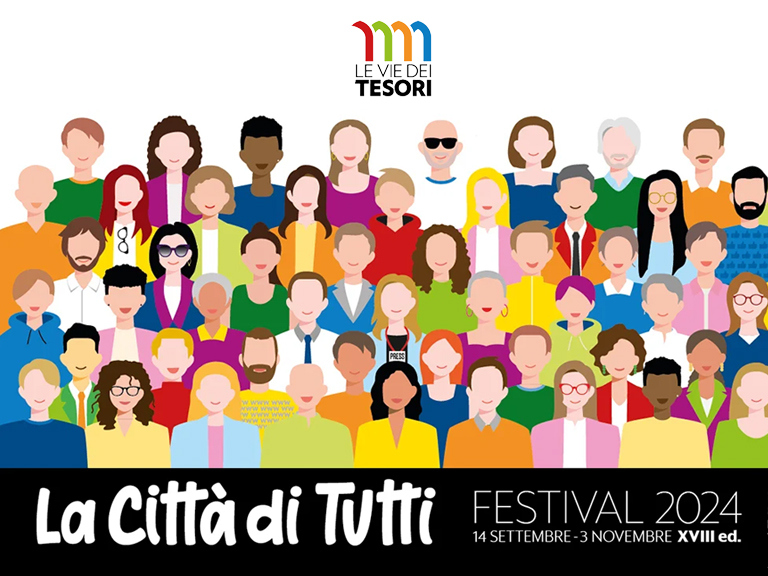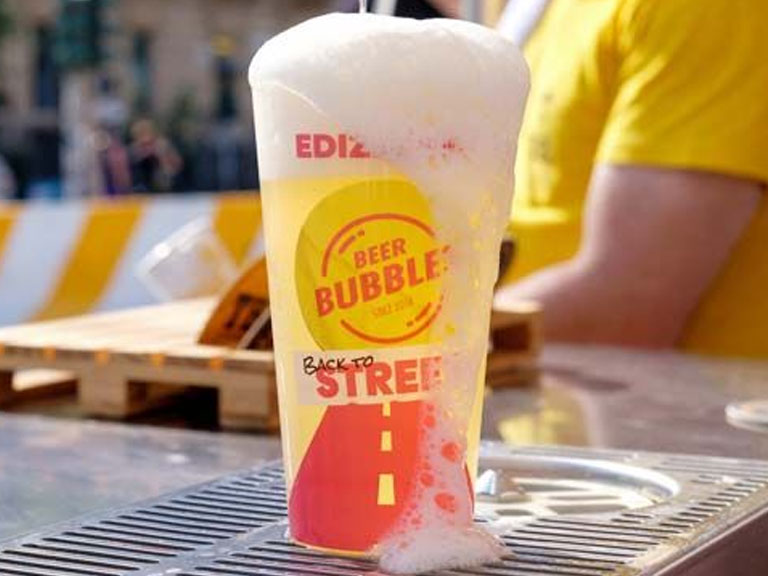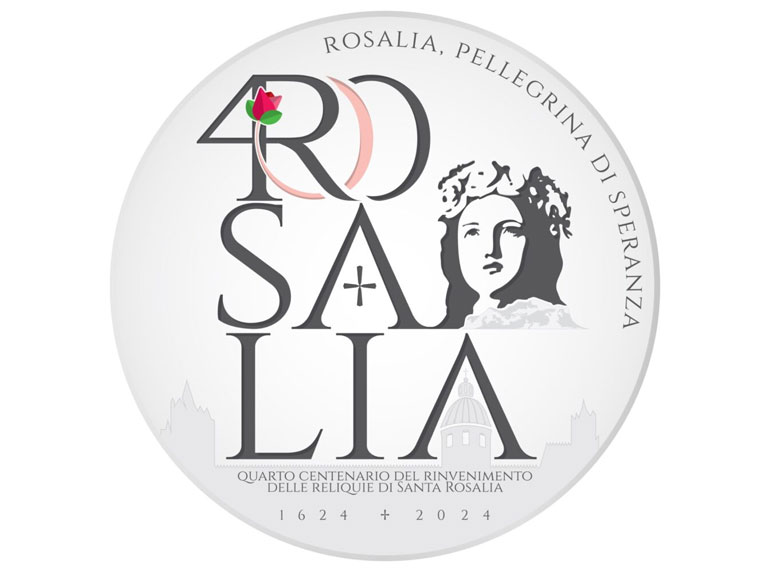News / Post Page
From 20 April to 5 May 2024 – Mediterranean Trade Fair

- From 20 April to 5 May 2024
- Location: Palermo
- info: MediExpo official website
69th Mediterranean Trade Fair 2024
The Mediterranean Trade Fair, organized by Mediexpo with the support of the Sicilian Region, returns after five years to its historic location in Palermo. The event will take place from 20 April to 5 May, with opening hours from 4pm to midnight every day, including holidays, and from 10am to midnight on Sundays.
Entrance will be free from Monday to Friday from 4.00pm to 7.00pm, while after 7.00pm the cost of the ticket for adults will be 2.50 euros. Children aged 7 to 12 will pay 1 euro, while entry will always be free for children up to 6 years old.
After being used as a vaccination hub during the pandemic and subsequently closed for safety works, the 69th Trade Fair returns with a surface area of 70 thousand square meters, attracting exhibitors from all over Europe.
The event will be a business opportunity for various industries, including automotive, boats, home and garden furniture, food, crafts and hobbies. There will be hundreds of stands both inside the pavilions and outside, coming from different Italian regions and also from abroad.
Local and ethnic crafts will have a dedicated space, along with an area for voluntary associations. The food section will be particularly large, offering Sicilian foods and typical dishes from other Italian and international regions.
New this year will be the Luna Park, with rides for the younger ones, while there will also be free activities for children. ArteMed will represent the artistic and cultural side of the event, with spaces dedicated to artists, art artisans and also a group of cartoonists.
The musical part will be handled by the Fidelis Polyphonic Choir of the national Carabinieri association and by the orchestra of the Viale Campania musical centre. Side events will include comedy shows, fashion shows and concerts by Sicilian cover bands.
The collaboration between the Municipality of Palermo and Mediexpo has allowed the recovery of various pavilions and external spaces, making parts of the Fair accessible that had been unused for years. The Mediterranean Trade Fair is considered an important economic driver for the island and represents a tradition and a significant cultural resource.



















